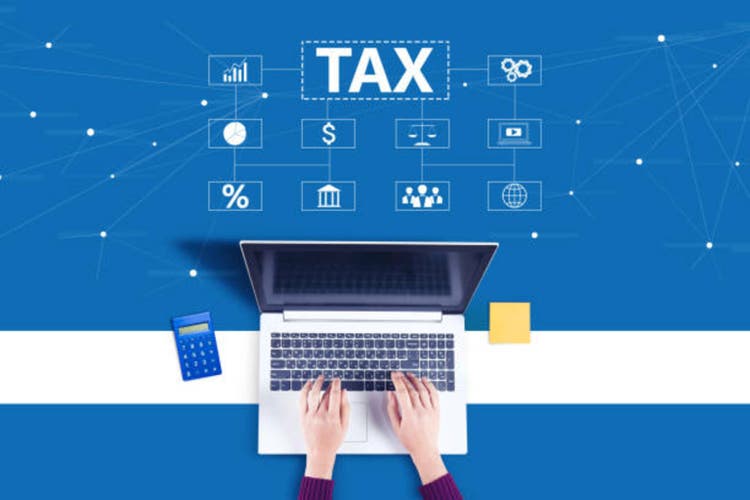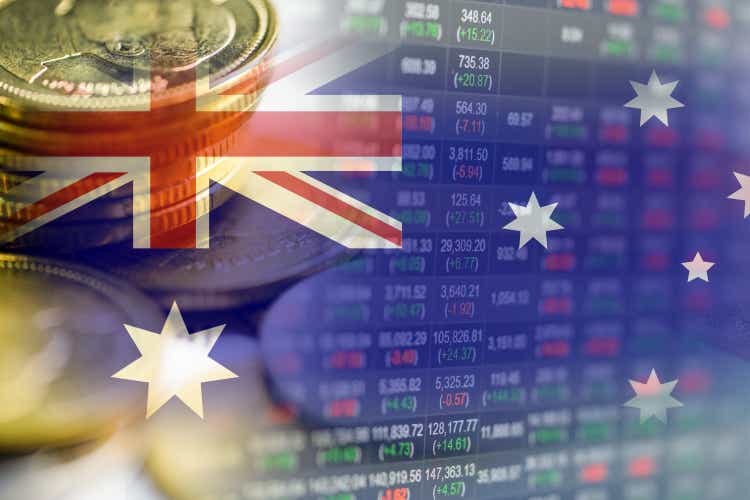Angela Beatty prefers to avoid stereotypes about Gen Zers, boomers, or other age groups, but she’s well-positioned to see differences among generations as the chief leadership and HR officer at Accenture. One that has popped out to her is attitudes toward mental-health services.
While her company offers a comprehensive suite of them as part of its employee benefits, Beatty has noticed one cohort in particular seems more at ease with using them: Gen Z.
“They’re very comfortable with it,” she said at Fortune’s Workplace Innovation Summit last week. By contrast, “the leaders, who tend to be of an older generation, maybe are not.”
Gen Z therapy
Surveys show Gen Zers regard themselves as being depressed and burned out more than other generations. In a recent one by MetLife, which gathered responses from nearly 3,000 full-time employees aged 21 and over, 46% of Gen Zers reported feeling stressed, significantly higher than the 35% recorded across other age demographics. A similar disparity cropped up with regards to feeling lonelier (30% vs. 22%), depressed (35% vs. 20%), and burned out (44% vs. 34%).
That’s concerning considering Gen Z already makes up 27% of the global workforce now and will reach 31% by 2035, at which point it’ll be its biggest generation, according to McCrindle Research.
Mark Beal, a Rutgers University professor and author of Decoding Gen Z, told Fortune earlier this year that while millennials pushed work-life balance, “Gen Z has taken the baton, expanding work-life balance to include a greater focus on mental health and mental wellness, and now bringing that into the workplace.”
That’s prompting more companies to offer mental-health services in their employee benefits. But 70% of leaders at the manager level or higher have received no training on how to facilitate mental-health discussions and support employees, according to a report from the National Alliance on Mental Illness.
And even when mental-health services are provided, employees often don’t know about them, noted Chris Carey, general manager at Calm Health, who shared the stage with Beatty at the summit. He said, “The biggest thing we hear from folks is, ‘We have EAP [employee assistance programs]—it gets 2% utilization’…A lot of people don’t even know where it is.”
Mental-health allies
As for Accenture, which has about 800,000 employees globally, offering mental-health services—and making sure employees are aware of them and encouraged to use them—can have positive ripple effects across the company.
“There are some bottom-line impacts to the business through having people that are really well and healthy, and their potential is unlocked,” said Beatty.
With that in mind, she added, the company has urged its leaders to be forthcoming about their own mental health challenges: “What we’ve really tried to do is encourage our leaders to share what they’re dealing with and really destigmatize it…You can become a mental-health ally.”
This story was originally featured on Fortune.com

 17 hours ago
1
17 hours ago
1
















 English (US) ·
English (US) ·